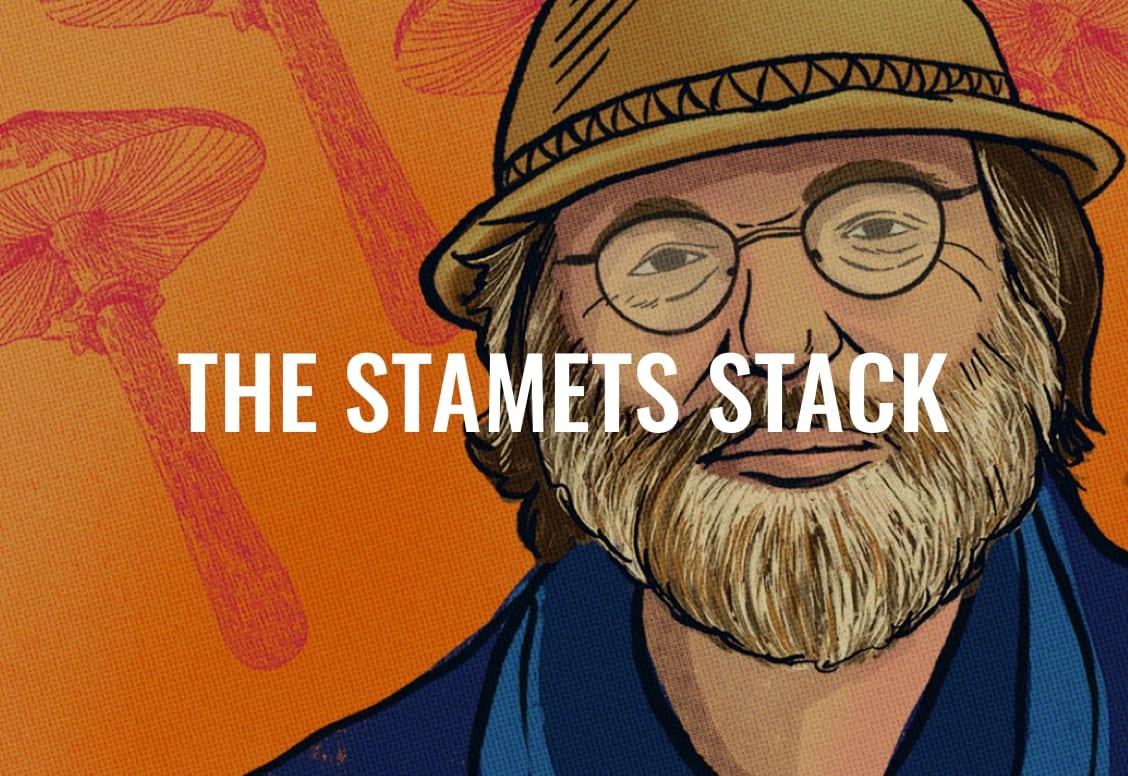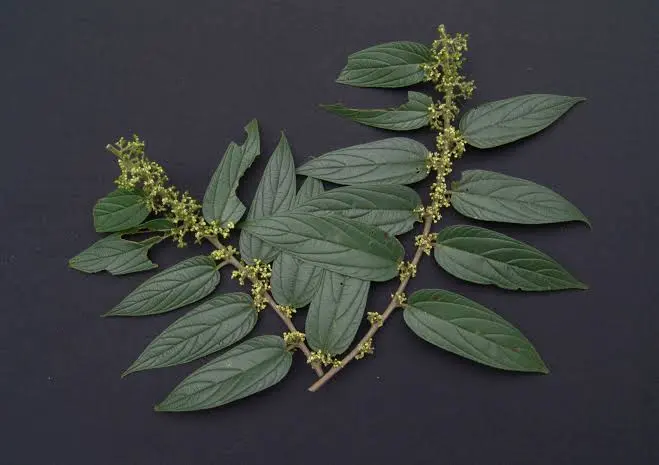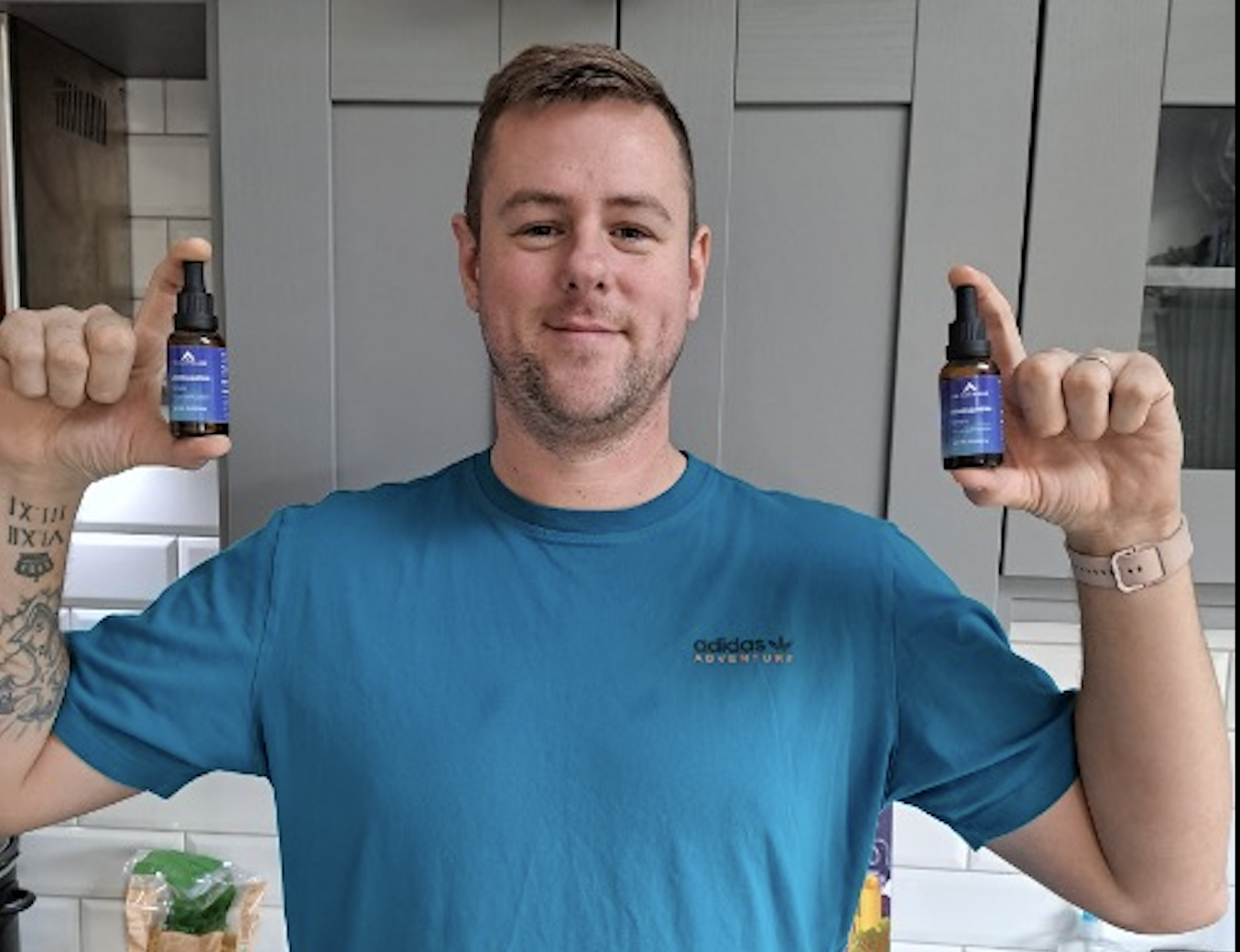For decades, traditional painkillers like NSAIDs (ibuprofen, aspirin) and opioids have been the go-to for pain management. While effective in the short term, these medications come with a laundry list of side effects and risks that can compromise your overall health.
Enter CBD—a plant-based, non-addictive alternative that’s transforming how people manage chronic pain. But how does it really compare to the medications we’ve been using for years? Let’s take a closer look.
1. Traditional Painkillers: The Risks Behind the Relief
- NSAIDs: Commonly used for inflammation and pain, these drugs can cause stomach ulcers, liver damage, and kidney issues with prolonged use.
- Opioids: Known for their powerful pain-relieving effects, opioids are highly addictive and often lead to dependency or abuse.
- Masking Pain: Both types of medication primarily block pain signals, offering temporary relief without addressing the underlying issue.
The Hidden Cost:
Using these medications over time may create new health concerns, from gastrointestinal damage to long-term addiction risks.
2. CBD: A Natural Alternative
CBD, short for cannabidiol, is a non-psychoactive compound derived from the hemp plant. Unlike traditional painkillers, CBD works with your body rather than overpowering it.
How it Works:
- CBD interacts with your Endocannabinoid System (ECS), a network of receptors in your body that regulates pain, inflammation, and overall balance.
- Instead of blocking pain signals, CBD helps reduce inflammation and calm overactive nerve responses, addressing pain at its source.
Why It’s Safer:
- Non-addictive: Unlike opioids, CBD has no risk of dependency.
- Minimal side effects: While NSAIDs can harm your organs, CBD’s side effects are mild and rare—like slight drowsiness or dry mouth.
- Natural: CBD is plant-based, free of harsh chemicals, and works with your body’s natural systems.
3. Cannabidiol vs. Traditional Painkillers: A Side-by-Side Comparison
| Feature | Traditional Painkillers | CBD |
|---|---|---|
| Addiction Risk | High (especially with opioids) | None |
| Side Effects | Stomach ulcers, liver damage, addiction | Mild, like dry mouth |
| Long-Term Use | Harmful to organs | Safe and sustainable |
| Addresses Root Cause | No | Yes, via the ECS |
| Natural Solution | No | Yes |
4. Real-Life Results: How CBD Is Changing Lives
Take Sarah, a long-time user of NSAIDs for chronic back pain. After switching to CBD, she noticed not only a reduction in pain but also fewer side effects:
“I was tired of dealing with stomach issues from ibuprofen. CBD helped me manage my pain without sacrificing my health. I feel like myself again.”
5. Why Choose Natural for Pain Relief?
- Holistic Healing: CBD doesn’t just mask pain—it helps restore balance to your body.
- Safe for Long-Term Use: With no risk of dependency, CBD is ideal for those with chronic conditions.
- Better Quality of Life: Experience relief without the worry of harmful side effects.
Conclusion: A Safer Path to Pain Relief
The choice between CBD and traditional painkillers doesn’t have to be complicated. With its natural, effective, and non-addictive properties, CBD is paving the way for a healthier approach to pain management.
Ready to make the switch?
Explore our full-spectrum CBD oils and creams designed to target pain naturally and holistically.







